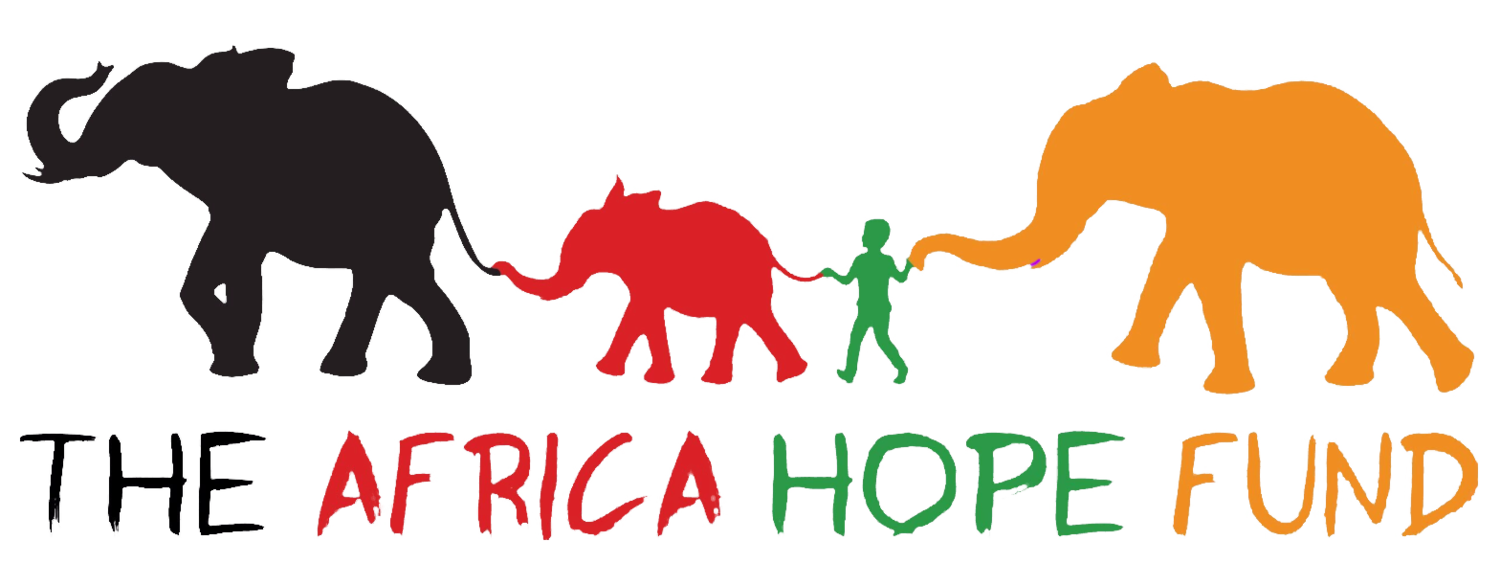The Hippo in the Well
I remembered that Carol, CEO of The Africa Hope Fund, had told me a story about villagers and one reaction to the wildlife surrounding the village that illustrates the need for education and human-wildlife conflict mitigation. One day, early in the morning while Carol and Rachel were in Rachel’s office, they heard several loud, anxious voices outside the door. The language spoken was Nyanja, the local tribal language, and everyone was talking at once. Excited villagers came to inform Rachel that a hippo had fallen into a large, deep hole behind the CSL compound in the middle of the night and couldn’t get out. It was a deep, big square hole, a borehole, where someone planned to install a water storage tank, and it had been abandoned. It’s not unusual in the Zambian bush for someone to dig a big hole, get interrupted, and never complete the job or cover the hole. Anyone, including children, could easily have fallen into it. But big piles of dirt sat next to the hole for a long time, and a lot of the locals knew it was there.
The villagers were very excited. At first, Carol could not tell if they were rooting for the hippo to free itself or wanted it to fail so they could kill it and cut it up for dinner. Crowds of locals surrounded the hippo in the well chanting and yelling and throwing anything they could get their hands on down onto it.
Rachel said she didn’t know how they would get the poor hippo out of there. She thought they should probably put it down to end its suffering. The villagers liked that idea. They thought they were going to get meat. The Zambian DNPW, who works closely with CSL, has ultimate responsibility for protecting wildlife, and they happened to have a tractor and a grader nearby. DNPW brought the grader over to the edge of the square hole and dug down one side of it to make a ramp so the hippo could make its exit. While CSL and DNPW were working to get the hippo out, Carol noticed villagers standing around the hole with big machetes. It’s easy to understand their eagerness. Laws prevent them from hunting, and subsistence farming keeps them on the edge of poverty.
Finally, the rescuers put a rope around the hippo and guided it out. One minute people were cheering, and the next people were running after it and throwing bricks. Many hit her, but they also hit each other, and several people were bleeding. One CSL scout was hit in the back of the head as the hippo ran behind the village and right through Rachel’s compound, desperate to get to the lagoon behind her house.
The hippo made it back to the lagoon, and the villagers were disappointed they didn’t get any meat that day. These people live close to CSL, and they know the CSL scouts and their work to save wildlife. But old ways die hard, and people are hungry. That’s why education is critical and why The Africa Hope Fund helps support Conservation South Luangwa.
Written by Patricia Cole
An Africa Hope Fund board member for 7 years, Pat is a writer and a conservation activist. After traveling to Zambia, she became dedicated to helping Africa Hope Fund provide education to the next generation of Africans and ensure their future by protecting wildlife. Find Patricia on Facebook and Twitter, or on her websites www.writepatwrite.com and www.patmcole.com.
Enjoy reading this Elephant Blog post? Help support our future posts by becoming a Patreon supporter!

